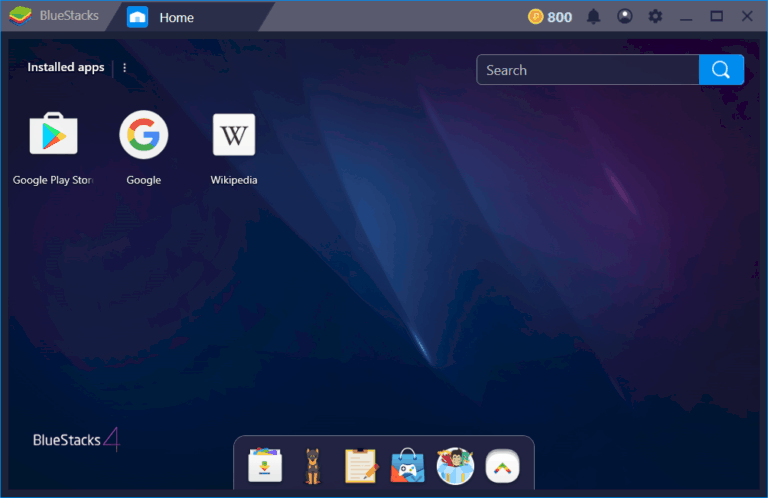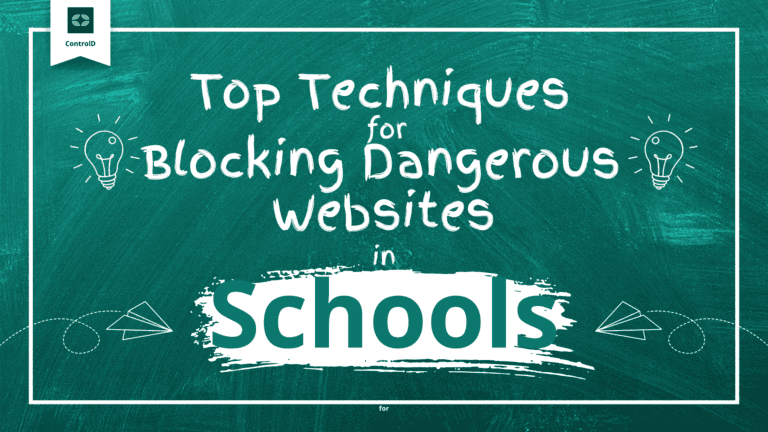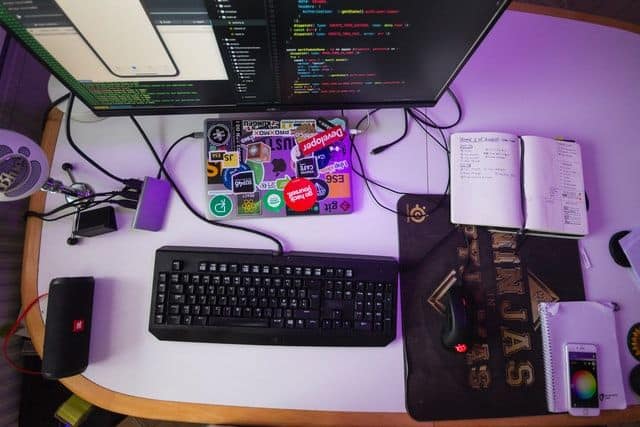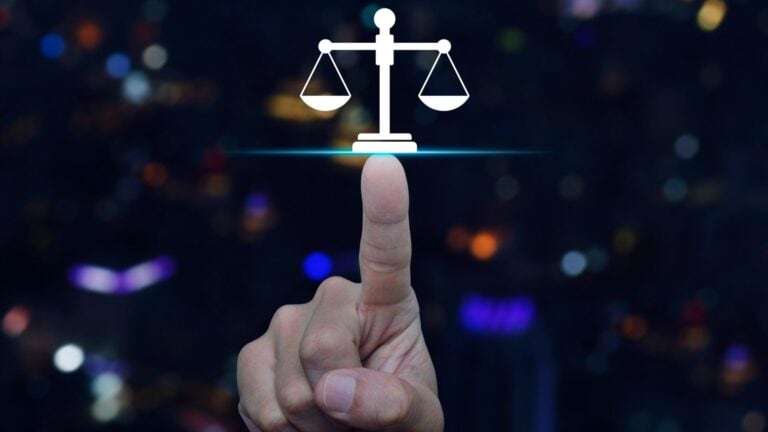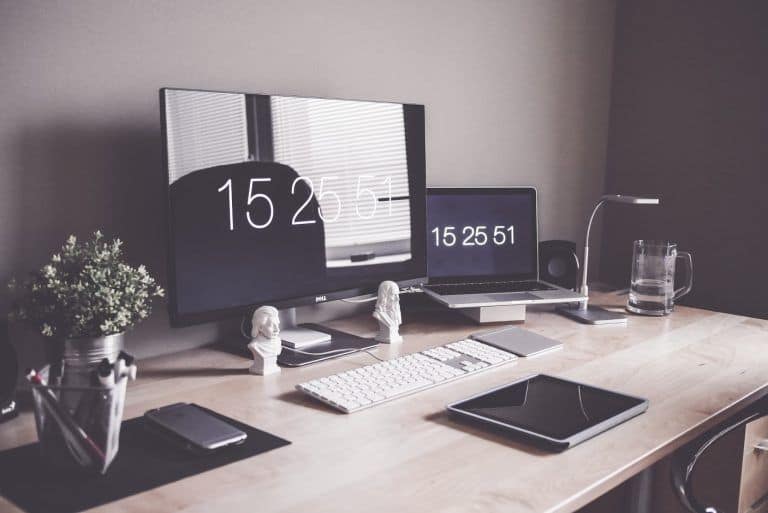Is Academic Performance Affected by Cellphone Usage?

Welcome to Generation Next, a generation of addiction to the cellphones, a generation where smartphones are like the air we breathe.
Well, who do we blame?
It is an age where technology dominates the day.
Kids these days are more exposed to technology than most of the older generations alive.
Give a 6-year old a smartphone and leave him or her for 5 minutes. You will be shocked to see that child already doing exploits with the smartphone. The worry, however, is not about whether kids these days can use cellphones well, it’s about not knowing the boundaries – when to put the cellphone down and concentrate on other important things; like studying for good academic performance.
Aside from cell phones affecting academic performance, a lot of evil things happen via cell phones like hacking, kidnapping, identity theft, e.t.c. This is why the telecoms came up with the idea of SMS user authentication to try to comb the issues of some devilish elements using cell phones for the wrong reasons.
If you are the type that uses mobile banking a lot, you will appreciate the invention of sms user authentication more.
Is academic performance affected by cell phone usage? Yes, it is.
Cellphones are good when it is not abused. It is a technology that has come to stay and no one can deny this.
Even students claim that they use their cellphones to learn stuff they don’t get to learn on the internet and this is true only that the negative effect it has on academic performance is much more than the positive effect. Not just on academic performance alone.
In a recent research conducted on college students, those who were not using their cellphones were found to have written down 62% more information on their notes, getting higher scores than those who were actively engaged with their mobile phones.
It also showed that an average student peeps on the phone, even where there is no message or notification, every 8.6 minutes on the average, and seriously, I would say they peep every 2 minutes. Can you imagine trying to pass some knowledge to your students, as a teacher, and every 2 minutes the student’s attention is diverted to the cellphone; do you think the student will still grab everything you say? I doubt that very much and this has been proven in many researches.
Another research showed that in a videotaped lecture where students are expected to watch a video on their cellphones and answer the questions that followed, there were “three texting interruptions” groups classified as Low, Moderate and High.
The test was to measure the impact of texting on the memory. The students were seen to be randomly interrupted by text messages. The group in the high texting interruption group scored poorly (10.6% lower) when compared to the low texting interruption group.
Poor concentration affects the student

Another study which was conducted on college students was to compare who will be able to provide correct answers between students who were interrupted during the lecture with text messages and those who are not. The results showed that those who text messaged during the lecture scored lower on the quiz than those who did not.
The phone causes harm to students even when not in use
A test was carried out on students to see how the mere presence of a smartphone in the class can reduce the cognitive capacity of such students. Participants were instructed to turn off their mobile phones during this test while they performed different memory tasks. Some were told to keep their phones with them, and some were told to put it in the other room. Those who had their phones with them did significantly worse. According to the researchers, the attention and energy required to not check the phone, even when it is lying there with them, seem to cause a “brain drain”.
Causes failures in Exams
In Alberta, Canada, a survey was carried out on 2300 teachers to find out the impact of cellphones on academic performance. 67% believe that the number of students that are negatively distracted by technologies, such as the cellphone, in class is significantly growing. 75% agreed that the attention spans of the students have drastically decreased.
From all of the different test cases above, it is only obvious that academic performance is significantly affected by cell phone usage.
Should cellphones be allowed in schools?
But do cellphones have a place in the classroom?
We can’t entirely say no because there are still teachers who send out homework and other assignments via the cellphone. The intention is to get the students to look up online, study more to buttress what has been learned or taught in class, then answer questions.
Many teachers believe cellphone use can be controlled. So it is a war of whether to allow cellphones in school or not. Already, there are schools in some parts of the world where smartphones are not allowed because of the distractions it causes.
This is a reality that no one seems to have a solution to because at the end of the day, it will still boil down to how the student sees things.
If a child knows how to multitask and set boundaries between learning for academic excellence and texting and unwinding with the cellphone, then everything will be good. It will therefore not be in the amount of rules set in place. As seen in one of the test cases above, even when the cell phone was off, some of the students still felt frustrated for not allowing them access to the phones.

